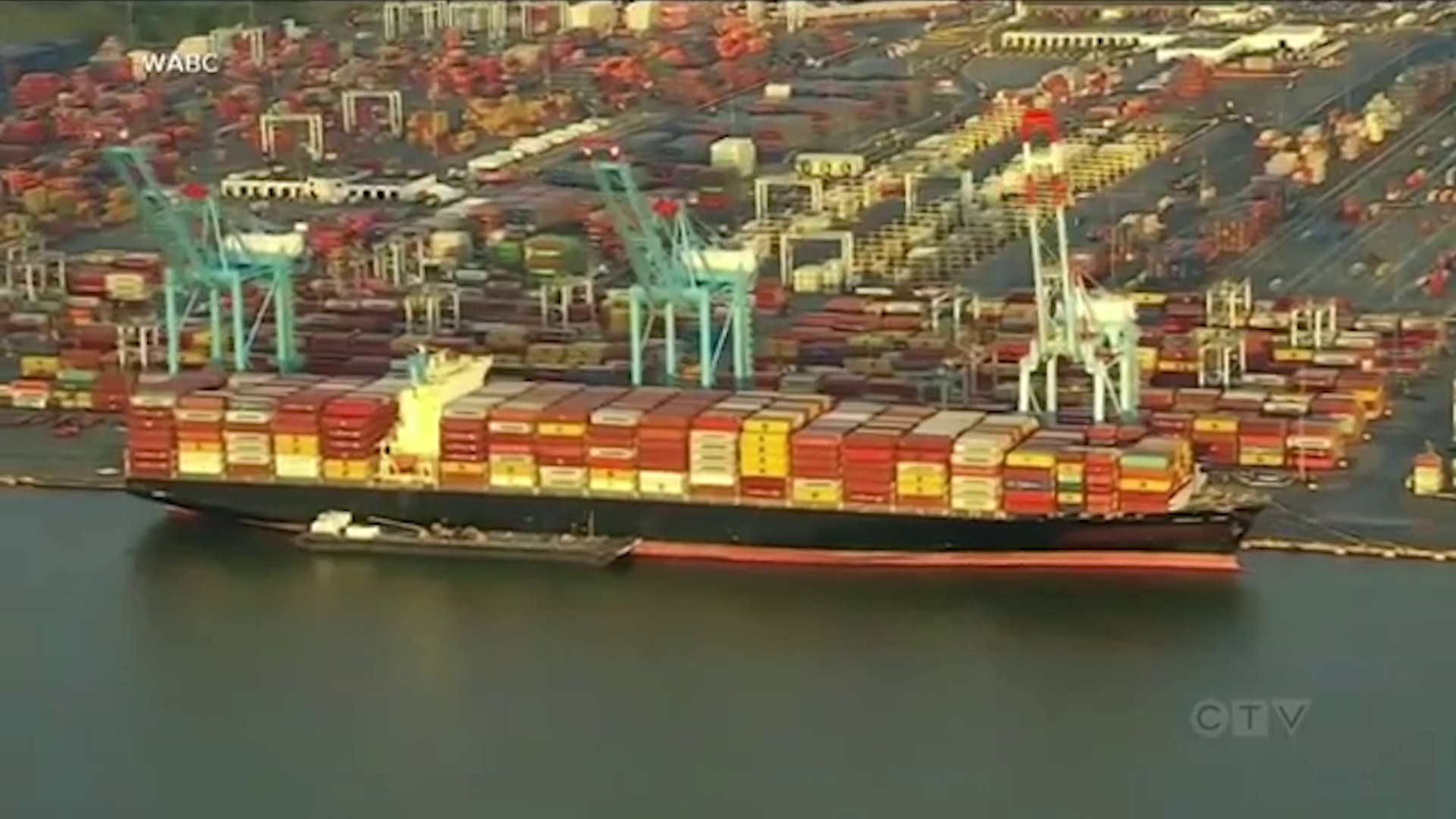As we reported on Tuesday, dockworkers on the U.S. East Coast have launched an indefinite strike against port managers, demanding higher wages and a ban on automated equipment. This labor dispute has significant implications for Belize. Jody Williams, Vice President of the Belize Chamber of Commerce and Industry, warns that the impasse could drive up the cost of imports from the U.S. East Coast. If local stocks run out before the strike is resolved, Belizean importers and wholesalers will be forced to seek alternative sources, likely leading to soaring prices.
Jody Williams, Vice President, Belize Chamber of Commerce & Industry
“Here in Belize, you know, we import a lot of products, especially perishables and food products from the US. So. Right now, as we speak, we have the entire East Coast starting in the north from Maine, straight down to New York, down North Carolina, straight to Florida, and then taking that swing into the Gulf, you know, up to Houston. All of that is closed. And we can see here most of our imports come from that side of the US., whether through Florida, through New York, or through the Gulf, you know, from Houston. And definitely they will have not only national implications, but a global supply chain problem, because other than that, the most serious problem we see here, Marion, is that there’s no timeline or end date for this strike. It’s just begun. It could go on for weeks. It could go on for months. We will have shortages on the shelf. Um, it could be anywhere from one to two weeks, but it definitely will after the two weeks. We will see some problems, especially when we are here consuming these products and then now it can’t come to Belize due to the strike happening, so it won’t take long. And also for exports, you know, exporters that can’t get their products into the US market and they could say, okay, well, we’re going to use the West Coast, you know, ship through California, but we could see that most of our businesses get products from closer to the East side and central US. So that extra inland trucking, any business would incur ten to twenty percent more freight and other costs to do extra inland freight. And other than that, you know, we will see price increases and not only at the wholesale level, but also in the retail on the shelf. And, we know, Marion, that when there is a scarcity of goods, especially on the shelf, and there’s such limited supply, you know, a lot of times we will see those items price go up.”
